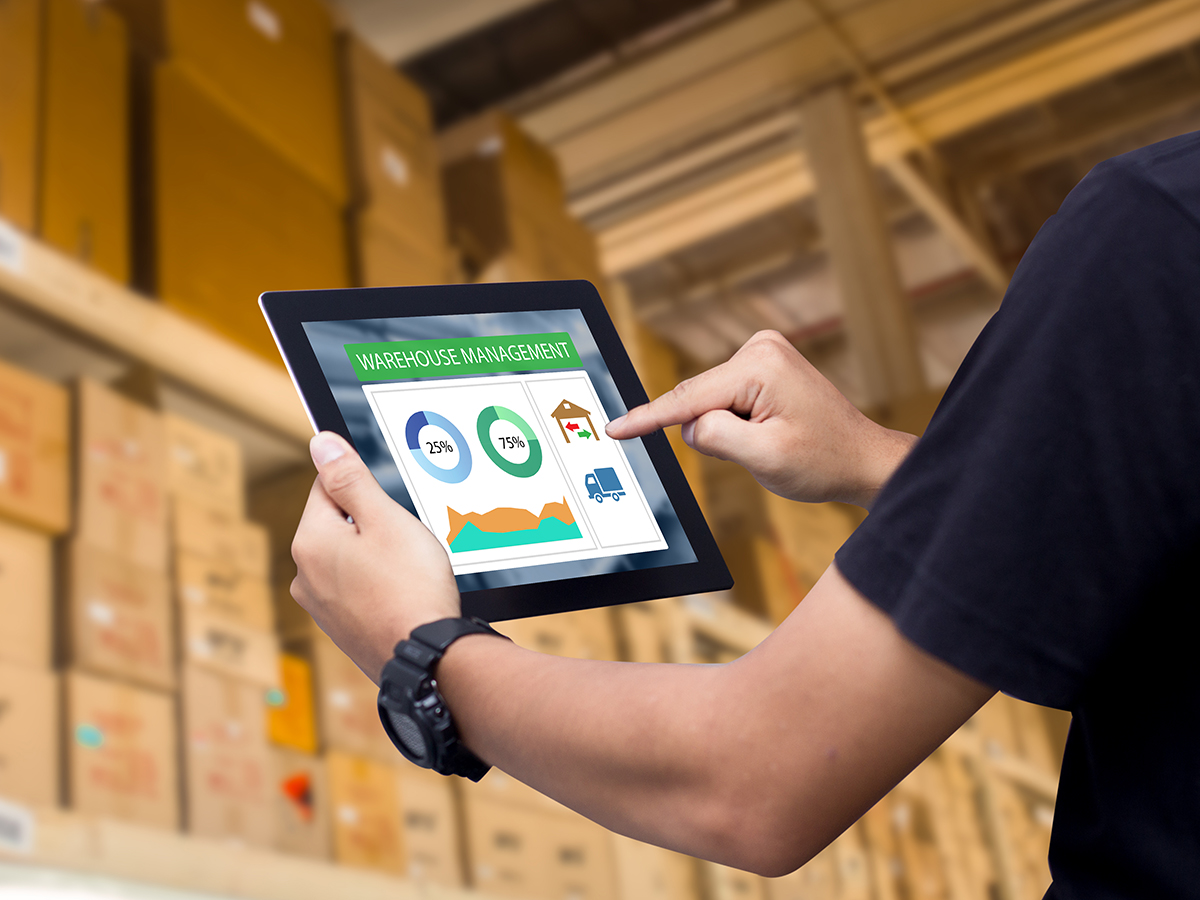Revolutionizing Warehousing: The Crucial Role of IoT Devices and Their Dependence on WiFi
In the era of Industry 4.0, the integration of Internet of Things (IoT) devices has transformed traditional warehouses into smart, interconnected hubs of efficiency and productivity. These IoT devices, ranging from sensors and beacons to RFID tags and smart devices, play a pivotal role in revolutionizing warehouse operations. However, their seamless functionality heavily relies on a robust WiFi infrastructure. In this blog post, we'll explore the indispensable role of IoT devices in modern warehouses and their dependence on WiFi connectivity.

-
Real-Time Tracking and Monitoring:
IoT devices enable real-time tracking and monitoring of assets, inventory, and equipment within warehouses. RFID tags, sensors, and GPS trackers provide accurate location data, allowing warehouse managers to optimize inventory management, streamline logistics, and prevent stockouts. However, to transmit this data in real-time, IoT devices rely on fast and reliable WiFi connectivity.
-
Automation and Robotics:
IoT-enabled automation and robotics are revolutionizing warehouse operations by enhancing efficiency, accuracy, and speed. Automated guided vehicles (AGVs), drones, and robotic arms powered by IoT sensors and actuators navigate warehouse floors, pick and pack orders, and manage inventory autonomously. These IoT-driven automation solutions require constant communication with central systems and other devices via WiFi networks to execute tasks effectively.
-
Predictive Maintenance:
IoT sensors embedded in warehouse equipment and machinery enable predictive maintenance by continuously monitoring performance metrics such as temperature, vibration, and power consumption. By analyzing this data in real-time, warehouses can anticipate potential failures, schedule proactive maintenance, and minimize downtime. However, to transmit sensor data and receive maintenance alerts promptly, IoT devices rely on uninterrupted WiFi connectivity.
-
Enhanced Security and Safety:
IoT devices contribute to enhanced security and safety in warehouses by monitoring environmental conditions, detecting hazards, and providing real-time alerts. Smart cameras, motion sensors, and environmental sensors equipped with IoT capabilities enable proactive surveillance, intrusion detection, and emergency response. However, to transmit video feeds, sensor data, and alerts to central monitoring systems, IoT devices depend on secure and reliable WiFi connections.
-
Data Analytics and Insights:
IoT devices generate vast amounts of data that warehouses can leverage to gain actionable insights and make data-driven decisions. By analyzing data from IoT devices, warehouses can optimize processes, identify inefficiencies, and improve resource allocation. However, to collect, process, and transmit data efficiently, IoT devices rely on high-speed WiFi connectivity that can handle large volumes of data.
At Horizon Electronics, we believe IoT devices have become indispensable assets in modern warehouses, driving efficiency, automation, and innovation. However, their seamless functionality hinges on a robust and reliable WiFi infrastructure. By investing in scalable WiFi networks that can accommodate the growing number of IoT devices and their data demands, warehouses can unlock the full potential of IoT technology and achieve unparalleled levels of efficiency and productivity.

